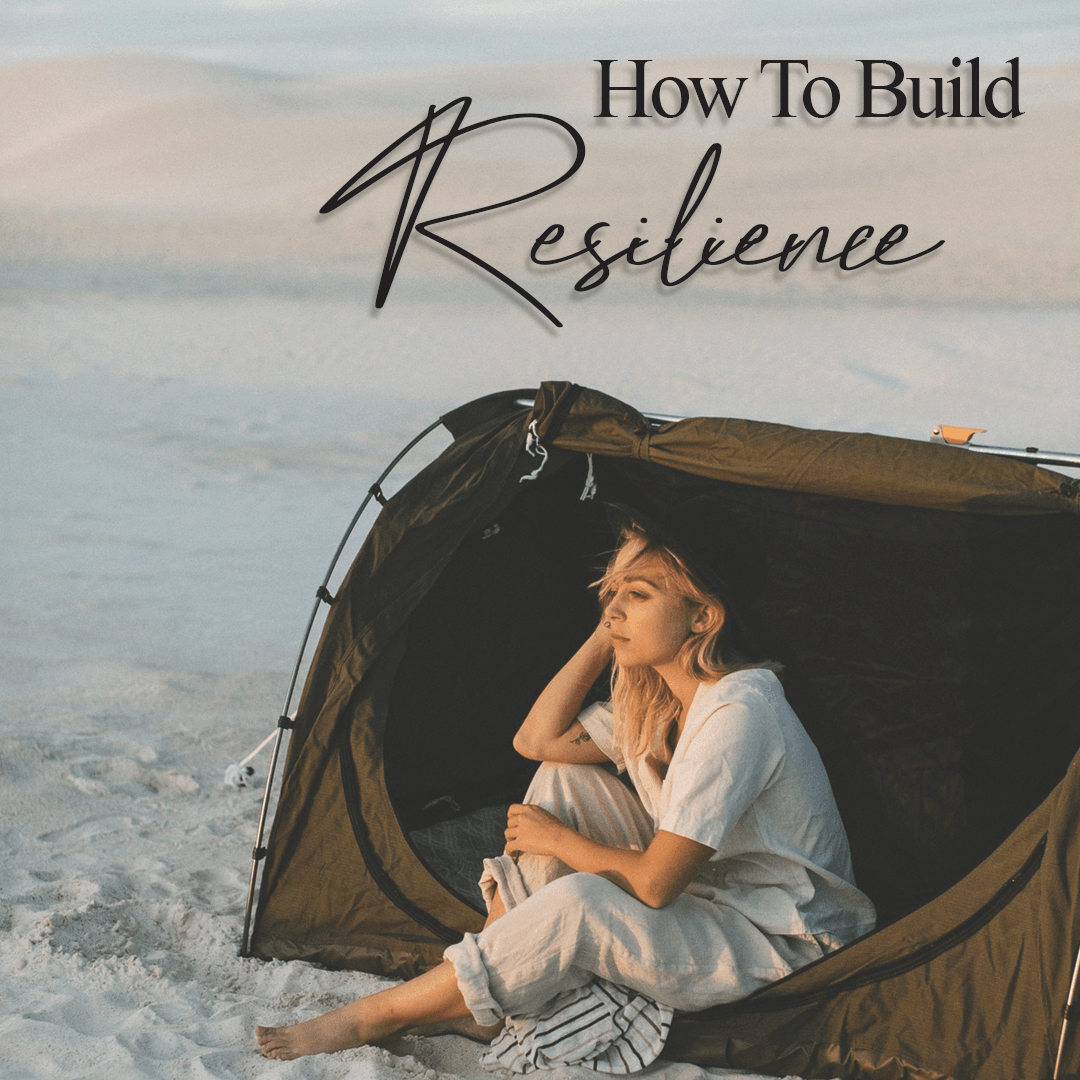
Life is full of challenges: both minor (e.g. managing your finances) and major ones (e.g. the pandemic). No matter what we do, life throws us curveballs and pulls the rug from under our feet from time to time. We can't change that. What we do have control over, however, is how we choose to respond. Do we give up at the slightest sign of failure? Or do we actively find ways to cope – and even bounce back from – difficult life experiences?
What is resilience?
This relates to our ability to adapt to stressful situations. Otherwise known as resilience; defined as 'the process and outcome of successfully adapting to difficult or challenging life experiences, especially through mental, emotional, and behavioural flexibility and adjustment to external and internal demands'.
Phew. So many words. Here’s an easier way to think about resilience: it’s what gives you the strength to cope, recover, and sometimes even grow from problems and challenges. All while maintaining a positive outlook on life.
What happens if you don’t have resilience?
Individuals who lack resilience tend to fall into despair – and run away from their problems with unhealthy coping strategies (e.g. alcoholism) for an indefinite period, running the risk of never fully recovering from their setbacks. Ouch. Thankfully, though, your level of resilience is not fixed in stone. Instead, researchers believe that resilience is a skill, something you can develop over time.
How to build resilience
#1 – Practice mindfulness
Mindfulness breeds resilience. Researchers believe that the former allows us to have real-time awareness of one’s experiences without the typical unhelpful, harsh judgement – which, in turn, enables us to respond to stressors and triggers with open-mindedness, facing the process of adapting (i.e. making the necessary changes) with far more flexibility and tolerance. The hallmark of emerging resilience. Consider strategies like meditation, deep breathing, and journaling.
#2 – Make time to express gratitude
Grateful individuals can better utilise coping skills to defer stress – and maintain a positive outlook on life. The exact attributes resilience fosters! So, make time to think about all the things going well in your life each day. It doesn't have to be anything significant; in fact, it could be as simple as appreciating that lovely colleague who buys you coffee every morning.
#3 – Focus on lessons, not mistakes
Boil resilience right down to its essence, and it’d be: coping with stress in a positive way. And reframing your situation – seeing the upside rather than the downside – is one of the best ways to do just that. Ask yourself the following questions to get started on the process:
- What can I learn from this experience?
- What actions can I take moving forward?
- What can I do next time?
Journaling makes building resilience much easier
Mindfulness. Gratefulness. And, lastly, putting a positive spin on your situation. These are all the things you should do to build a more resilient self. But, of course, knowing that you should do these things is wildly different from actually incorporating them into your daily routine. Because let's face it: life gets pretty overwhelming sometimes.
So, if you need a reminder to work on your resilience? You’ve got it. The Daily Routine Journal has dedicated space for you to practice mindfulness, gratitude, and self-reflection – daily. Check out how others have made use of the journal here!

